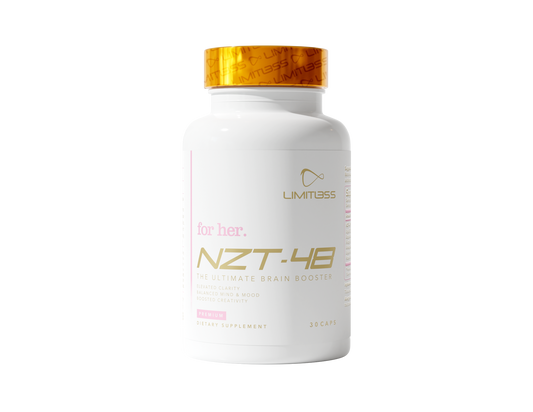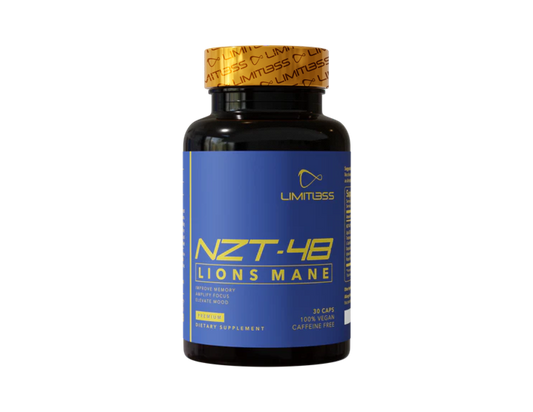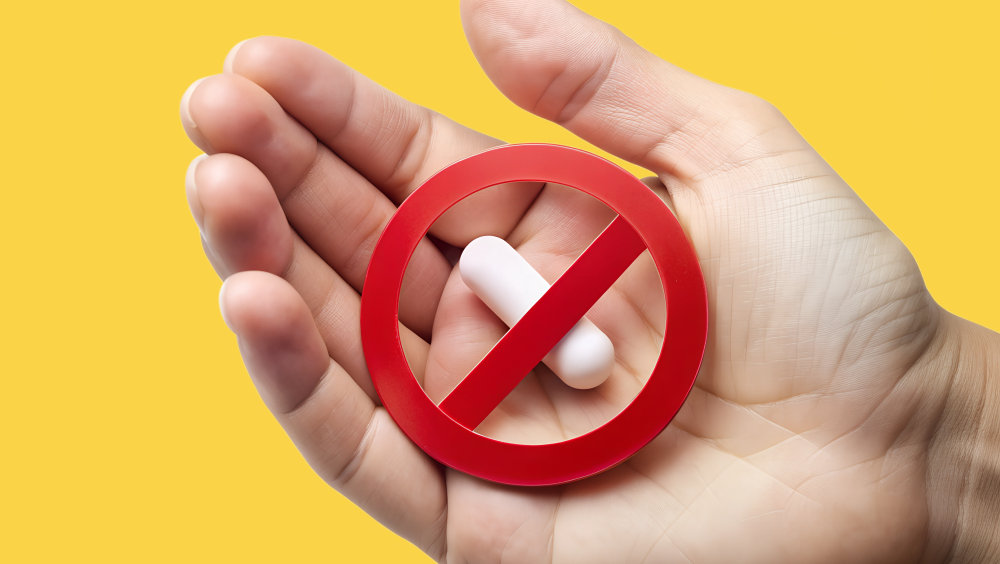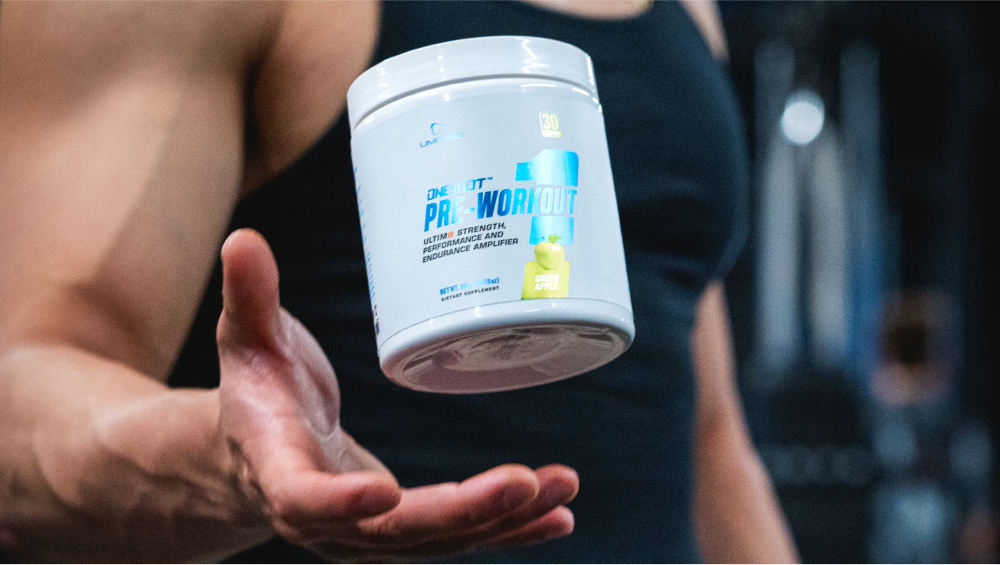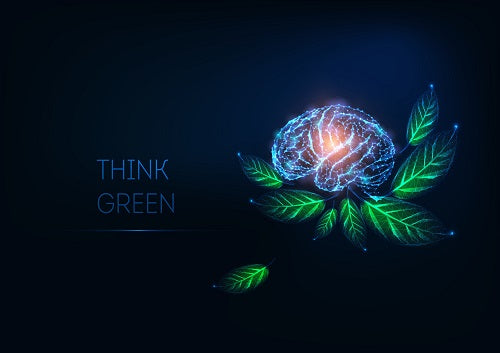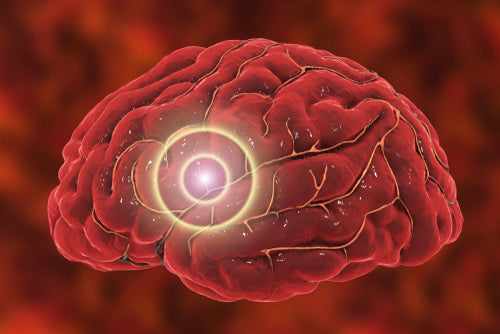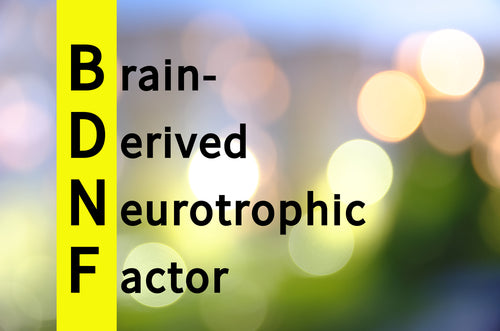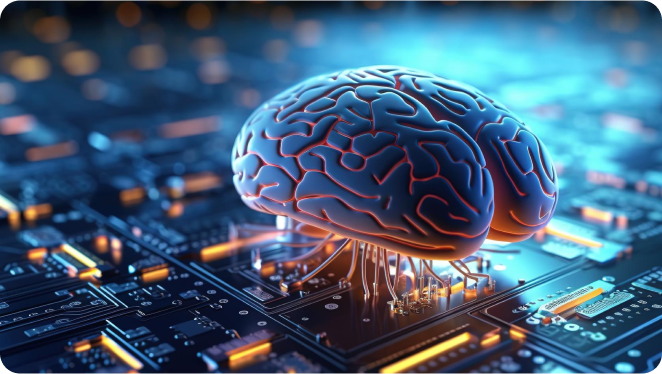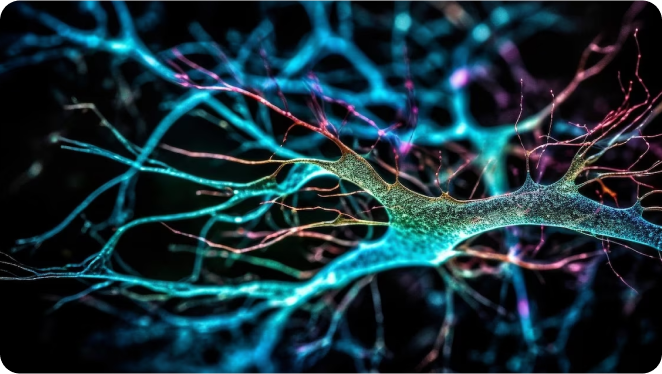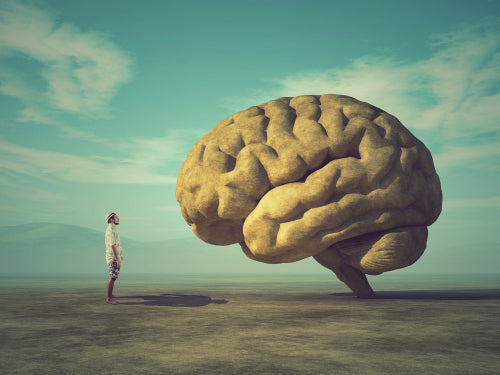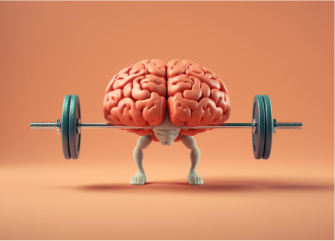Ever wished you could pop a pill and suddenly become the smartest version of yourself? Welcome to the world of nootropics! These “smart drugs” have been making waves online promising to improve memory, boost mental clarity, and enhance cognitive function.
But here’s the thing, for every exciting claim about the benefits of nootropics, there’s a sea of misinformation swirling around. So in this blog we’ll dive into the most common myths surrounding nootropics and provide clear, science-based facts behind these popular claims. We’ll also offer insights to help you make informed decisions about your cognitive health.
Whether you’re a nootropics novice or someone who’s been dabbling with “smart drugs” for a while, our goal is to give you accurate information and a balanced perspective. So let’s cut through the hype and uncover the truth about nootropics right now.

Myth 1: Nootropics Are a Quick Fix
One of the biggest myths about nootropics is the idea that they’re a magic bullet for your brain. This misconception often makes people believe that by simply taking a pill, they can instantly boost their mental capabilities, without any need for other lifestyle changes. It’s a tempting idea though — I mean, who wouldn’t want to become smarter overnight? However this not only sets unrealistic expectations, but also overlooks the complex nature of your brain’s cognitive function.
The reality is that while certain nootropics can give noticeable benefits, they’re most effective when they’re used in addition with other healthy lifestyle practices. Adequate sleep, regular exercise, and a balanced diet all play important roles in optimizing cognitive functions. So while nootropics complement these practices, they’re not a substitute for a healthy lifestyle.
Also scientific evidence supports the view that the effects of most nootropics are gradual rather than instantaneous. Studies have shown that many nootropics work by supporting long-term brain health, promoting neuroplasticity, and gradually increasing the production of neurotransmitters. But these effects typically happen over a couple weeks of consistent use, not overnight. Understanding this gradual process can help you set realistic expectations to have a more sustainable approach to your cognitive enhancement.
Myth 2: All Nootropics Are The Same
Another common misconception is thinking that all nootropics are the same, and thinking they work the same way to give the same benefits. This myth comes from the natural tendency to lump all cognitive enhancers under the broad umbrella term “nootropics”. However, the reality is that different nootropics contain different types of ingredients, from naturally occurring compounds found in food and herbs to synthetic drugs developed in labs. So the effects and benefits of nootropics can vary depending on what types of ingredients they have.
For instance, caffeine, of the most widely used nootropics, works by blocking adenosine receptors, leading to increased alertness and focus. While racetams, a type of synthetic nootropics, are thought to enhance cognitive function by modulating neurotransmitter systems to improve neuroplasticity in your brain. Other nootropics, like adaptogens such as Rhodiola Rosea, work by helping the body resist stress and maintain homeostasis. So understanding that each nootropic works differently in your body is important if you’re looking to use nootropics to optimize your cognitive function.
It’s also important to recognize that all nootropics are not the same so there’s no-size-fits-all solution. What works for one person might not work for another. So it’s important to do your research and understand the specific benefits and mechanisms of each nootropics. This knowledge can help you choose the right nootropics for your specific needs.

Myth 3: Nootropics Are Unsafe or Addictive
Some people believe that all nootropics are dangerous or highly addictive, often comparing them to illegal drugs or strong pharmaceuticals. While it’s true that any substance affecting brain function should be used carefully, saying all nootropics are unsafe is an oversimplification. The safety of any nootropic depends on the specific substance, dosage, and individual factors.
Many nootropics, especially those from natural sources or that have been used for centuries, are generally safe when used as directed. For example, L-Theanine (found in green tea) and Bacopa Monnieri have been well studied and are considered safe for most people. Synthetic nootropics on the other hand, may have less established long-term safety data and should be used with extra caution.
As far as addiction goes, it’s important to know the difference between habit-forming substances and true addiction. While some nootropics, like caffeine, can lead to mild physical dependence, most don’t carry a high risk of addiction when used responsibly. However, psychological dependence can happen with any substance that enhances performance.
This is where products like NZT-48 and NZT-Lions Mane stand out. These carefully formulated nootropic blends are designed to provide cognitive benefits while prioritizing safety and minimizing the risk of dependence. By combining well-researched natural ingredients, they offer a balanced approach to cognitive enhancement that most other nootropic blends on the market do not. This makes them a great choice if you’re looking to boost your cognitive function while maintaining long-term brain health.
Conclusion
The key takeaway is the importance of having an informed, science-based approach to nootropics. This means understanding that while nootropics can be powerful tools for cognitive enhancement, they work best if you’re willing to do the research necessary to find the right approach for you.
If you’re interested in exploring the world of nootropics, start with well-researched, safely formulated products like NZT-48 and NZT-Lions Mane. These blends offer a balanced approach to brain health, combining the benefits of multiple ingredients with carefully measured formulas. Remember to consult with your healthcare professional if you have any questions, start slowly, and pay attention to your body’s responses.
With a thoughtful, informed approach, nootropics can be a valuable part of your cognitive enhancement toolkit, supporting your mental performance and overall brain health in the long run.
